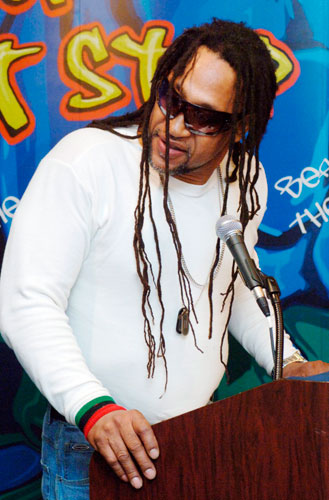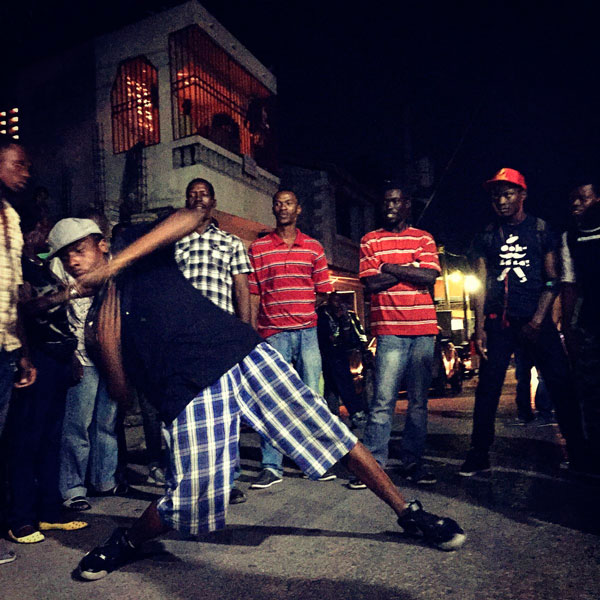On any given day, tourists and curious individuals stop at 1520 Sedgwick Ave. in the Bronx to take selfies and snap photos of the façade of the apartment building.
At a glance, there is nothing distinctive about the 102-unit, residential, high rise. But for those in the know, it is the birthplace of hip-hop.
According to Wikipedia: “in the summer of 2007, New York state officials declared 1520 Sedgwick Avenue the “birthplace of hip-hop” and nominated it to national and state historic registers.”
How the landmark achieved its status is no mystery, as a matter of record, it was at that location that the “father of hip-hop” lived, honed his skill and propelled the underground sound from New York to become a worldwide phenomenon.
It all started with Jamaican immigrant Clive Campbell.
Born in Kingston, April 16, 1955, Campbell was the first of six children born to Keith and Nettie Campbell.
November 1967, at the age of 12, the family migrated to the Bronx. Their address is now history.
Campbell attended Alfred E. Smith High School and although he did not know it, he quickly responded to a different moniker. Because he was tall, played basketball and spent a lot of time in the weight room his colleagues called him Hercules.
Although he loved the basketball court, he also loved music. Reportedly his early influence of sound-systems in Jamaica lingered causing him to develop a habit of listening to the dominant rhythm and blues of his new home-base.
From his own account, Campbell aka Hercules convinced his father to buy him a copy of James Brown’s “Sex Machine.”
He not only listened to the 45 rpm record, he discovered technicalities about the track that caused him to secure a second copy. He regularly purchased two copies of the same record and played them on separate turntables next to each other.
“He would play the break beat on one record then throw it over to the other turntable and play the same part. Doing this over and over, he could rock any house in N.Y.”
His love for music endeared him to imitate the soundmen he saw in Jamaica.
Soon he started deejaying in the recreation room of his building. While he played he realized that crowds on the dance floor responded most to the break section of the song.
“At this point in a song, the vocals would stop and the beat would just ride for short period,” he recalled.
Inside the recreation room of his building, the self-made deejay played music at his sister’s birthday party.
In order to sustain the momentum for a longer period of time, Hercules combined portions from two records — a smart move that dubbed him Kool and proved a defining birthing for hip hop. It was that evening Kool DJ Herc became the originator of break-beat.
It was the start of an industry.
Described as “essentially the essence of hip-hop,” Herc refined his art “by isolating and repeating the “breaks,” or most danceable parts, of funk records by groups such as Mandrill, James Brown, and others.”
“He created the prototype for modern-day hip-hop.”
Revered as the father of hip-hop, Kool DJ Herc is a pioneering Jamaican and spotlight for a salute to Black History Month.
























